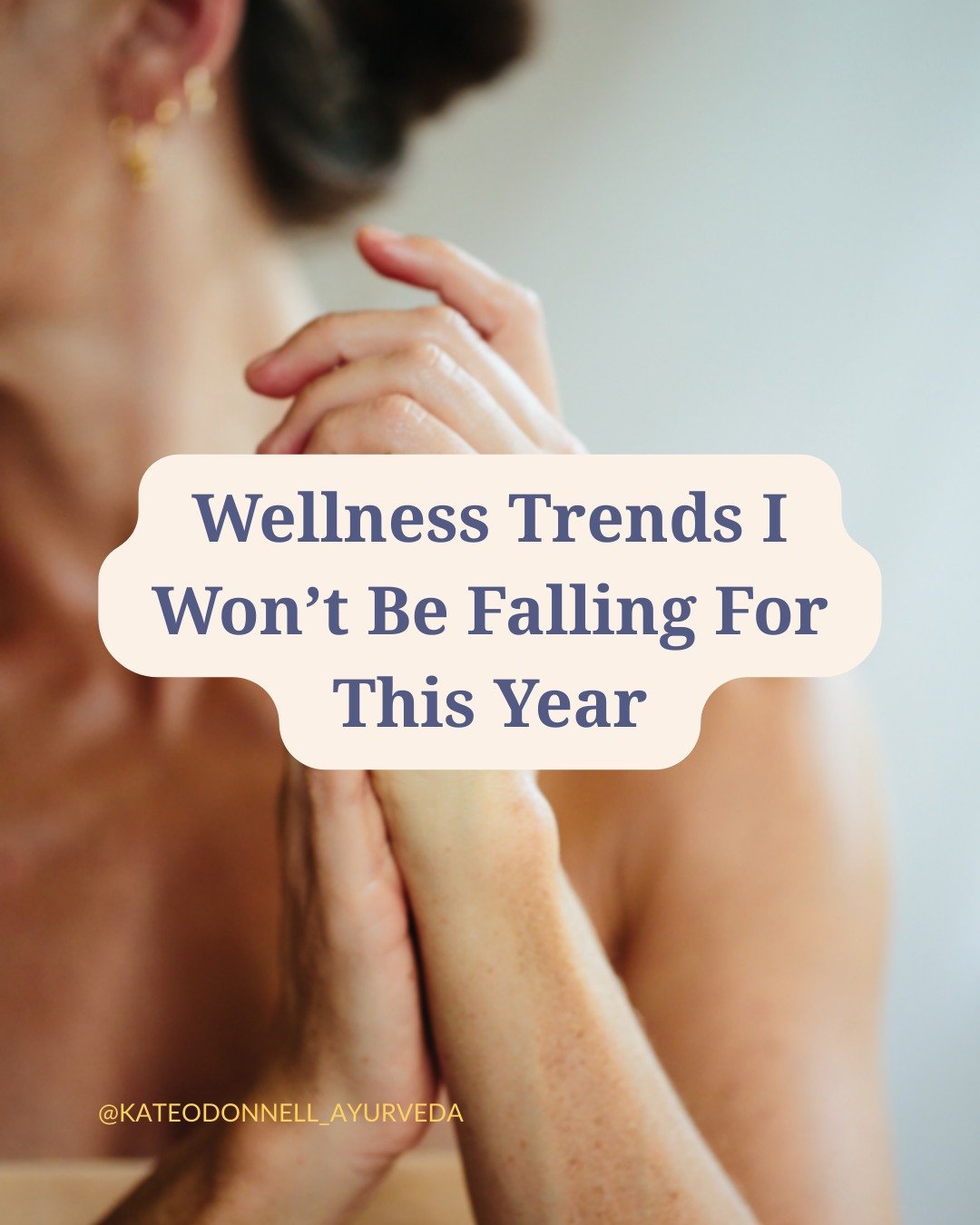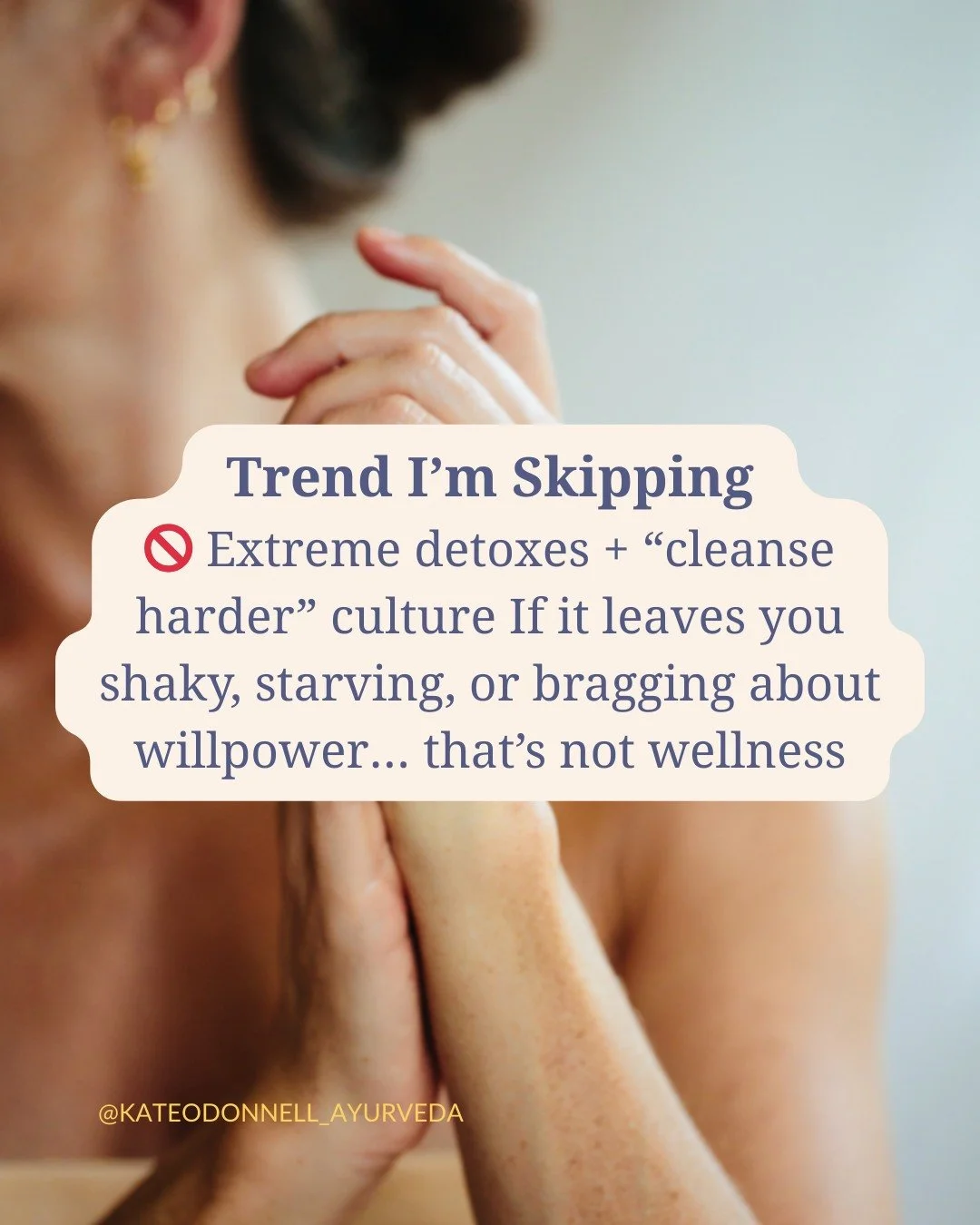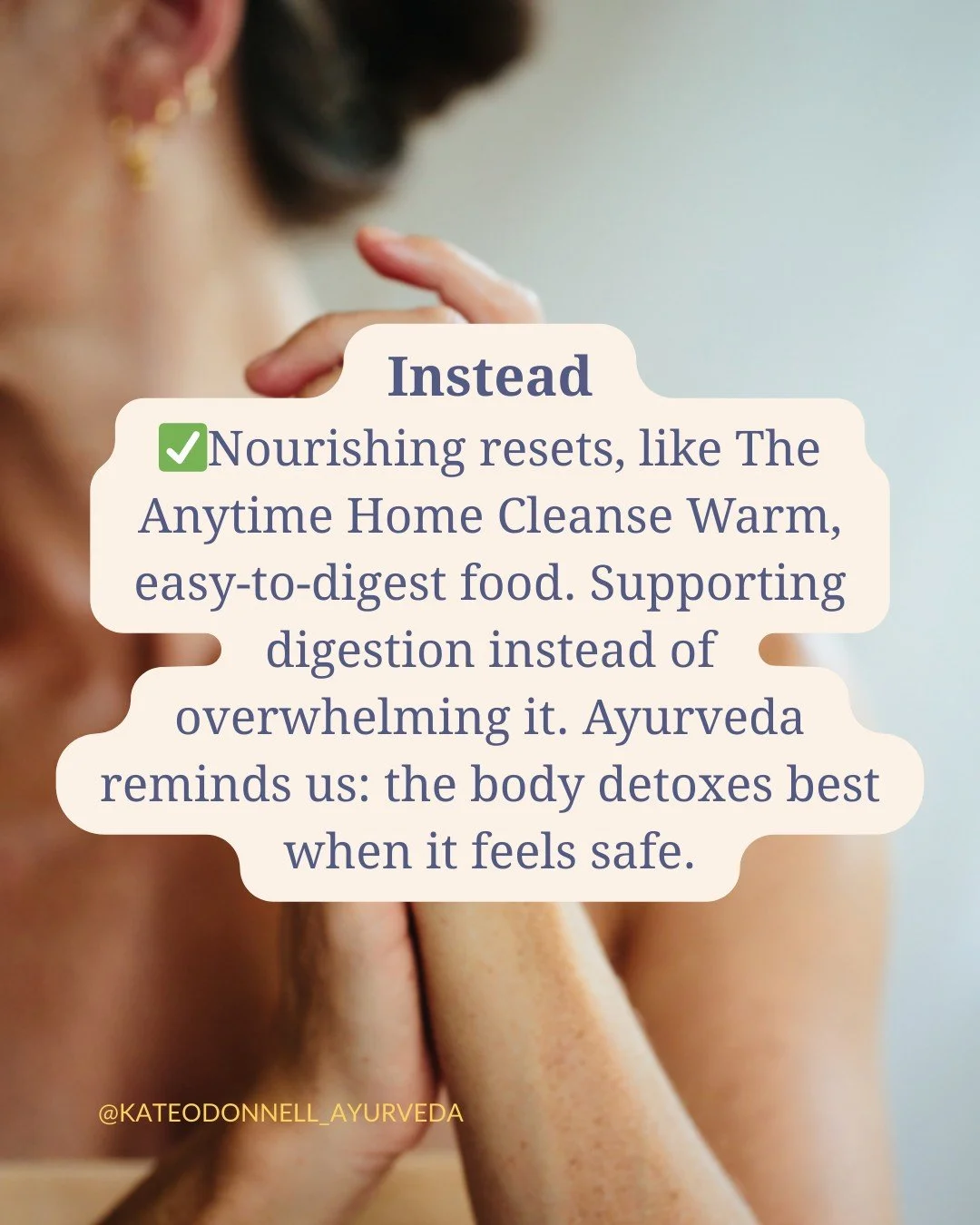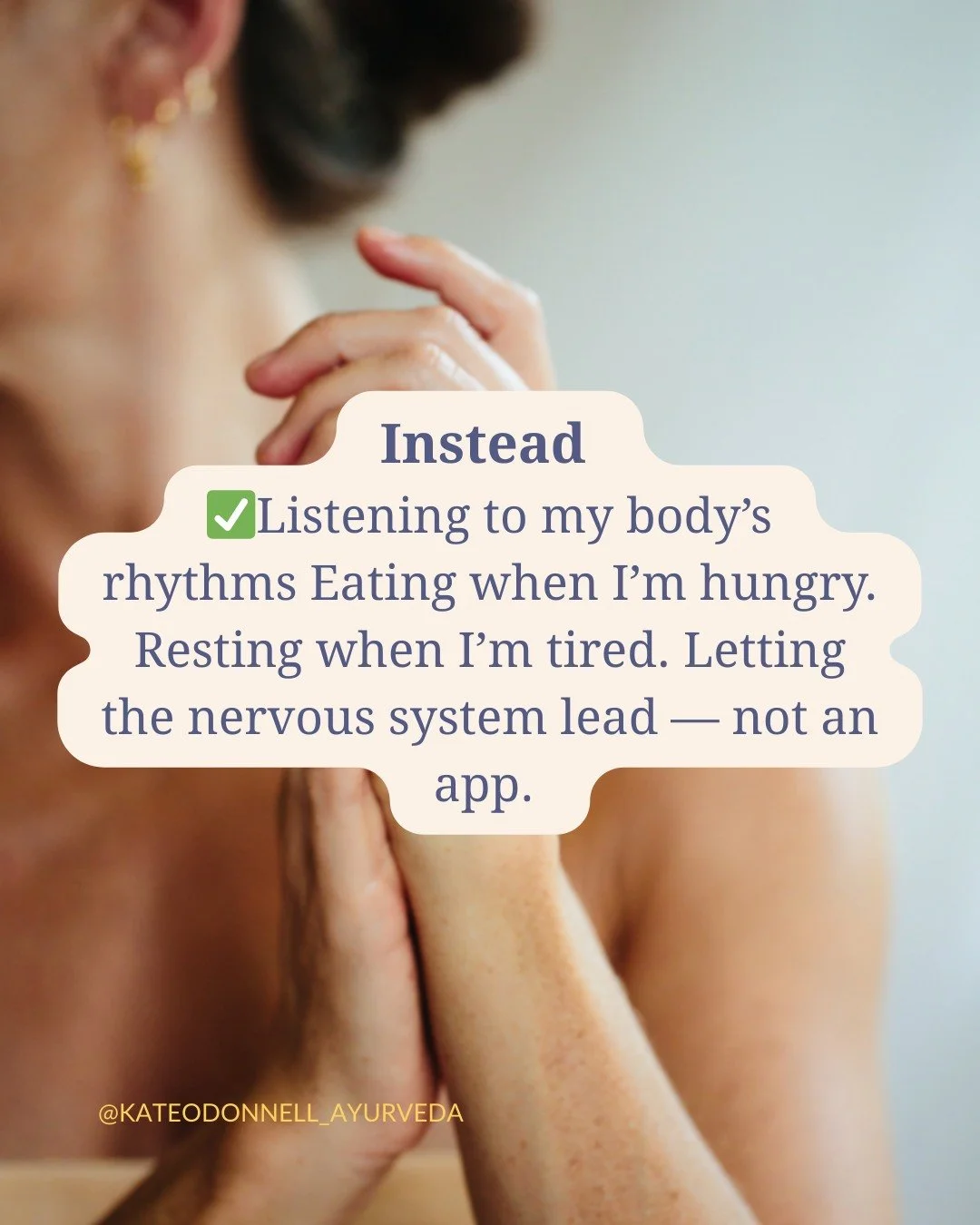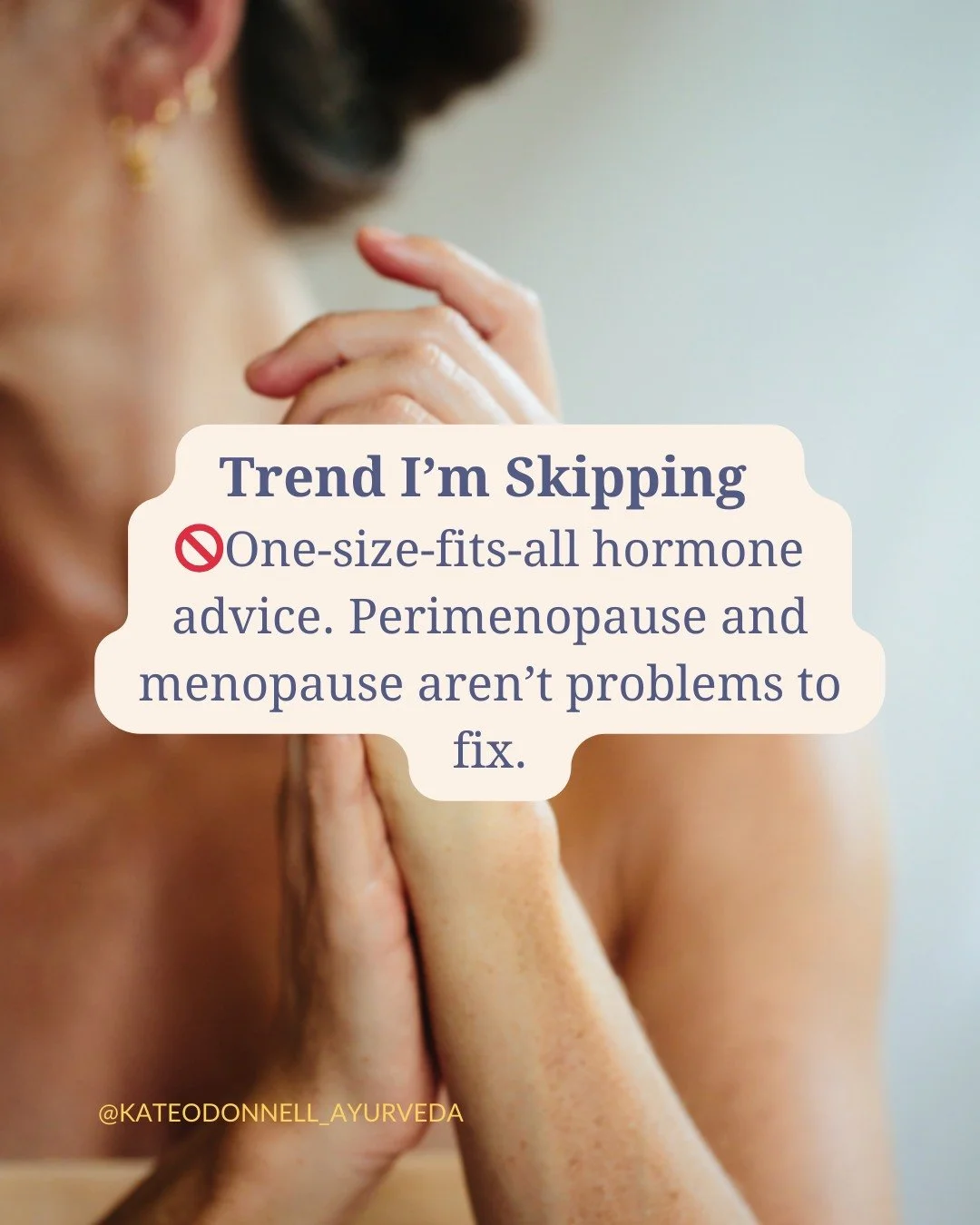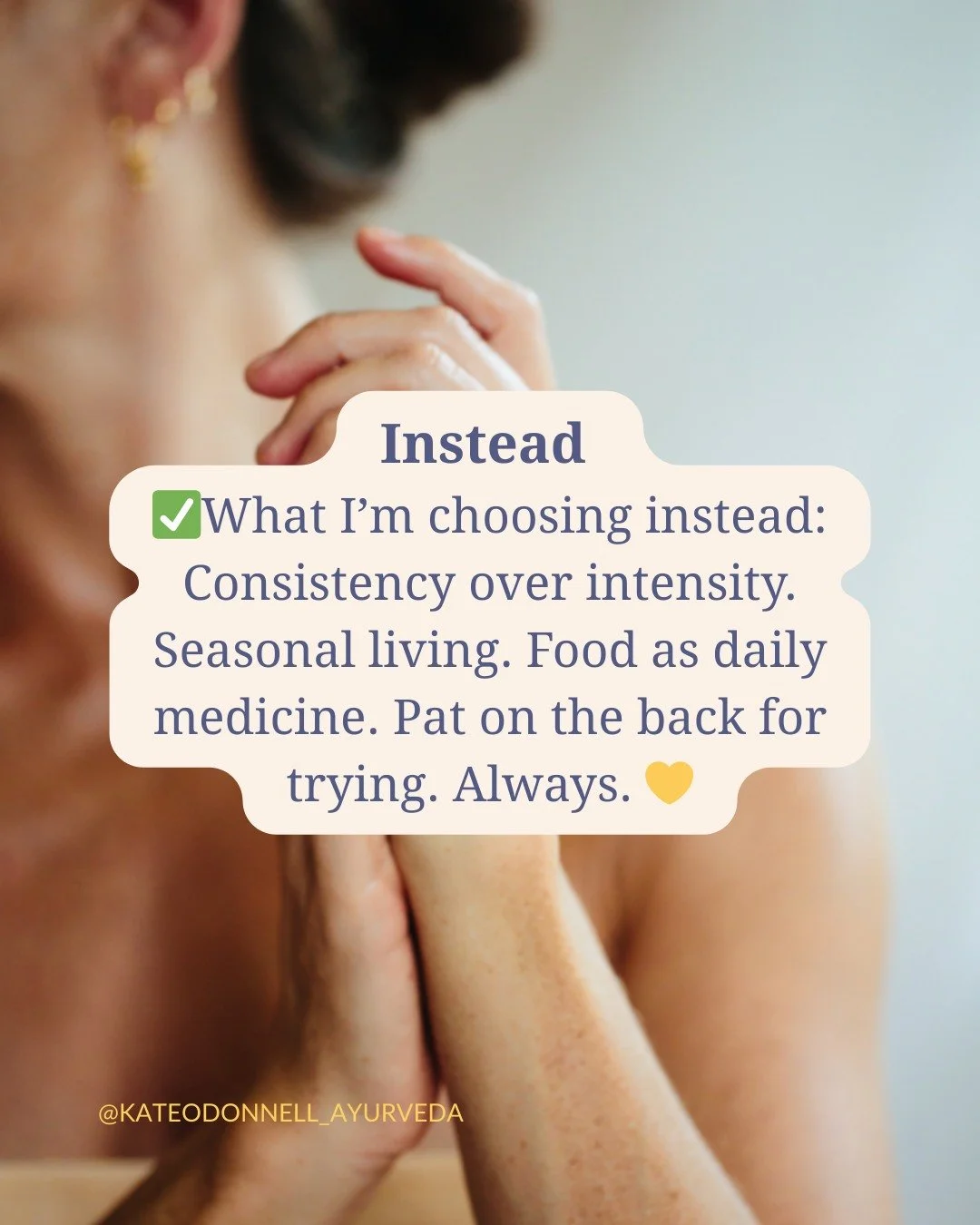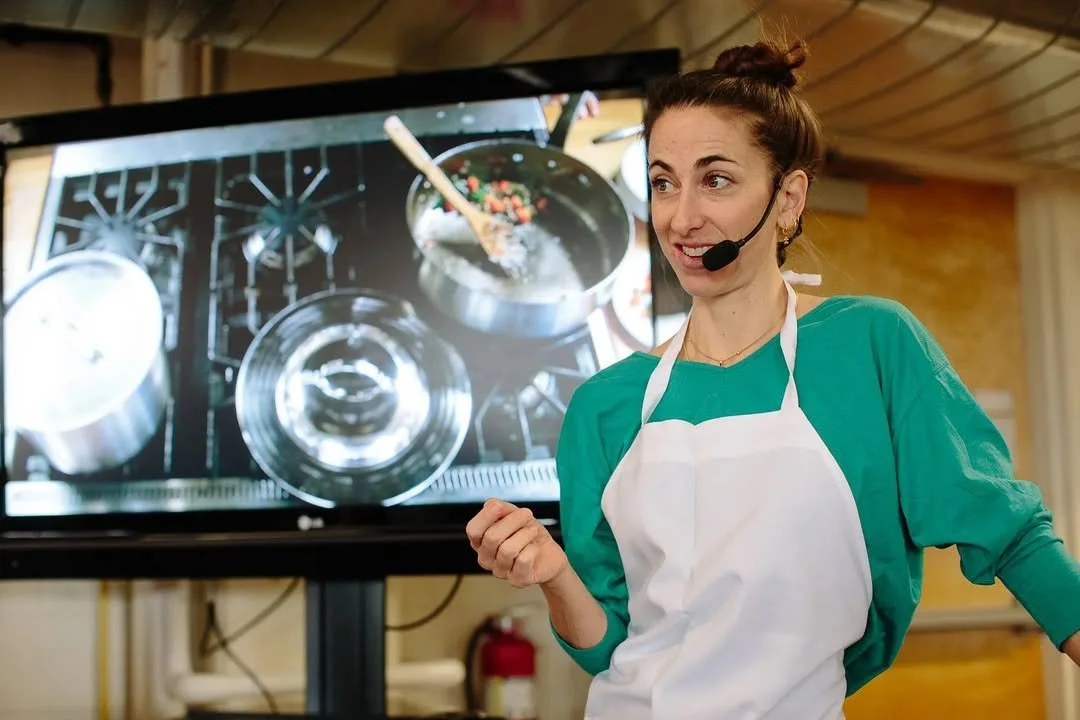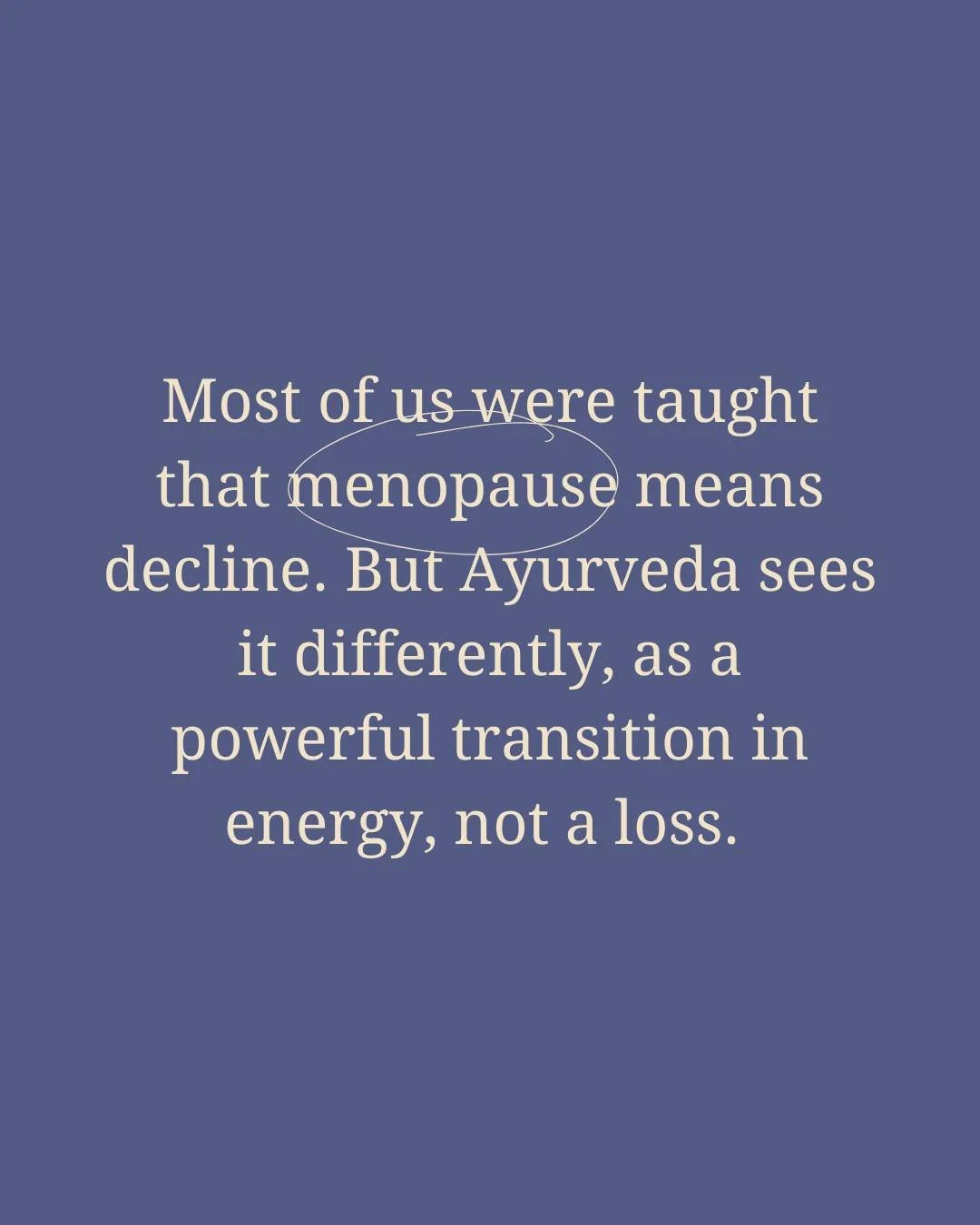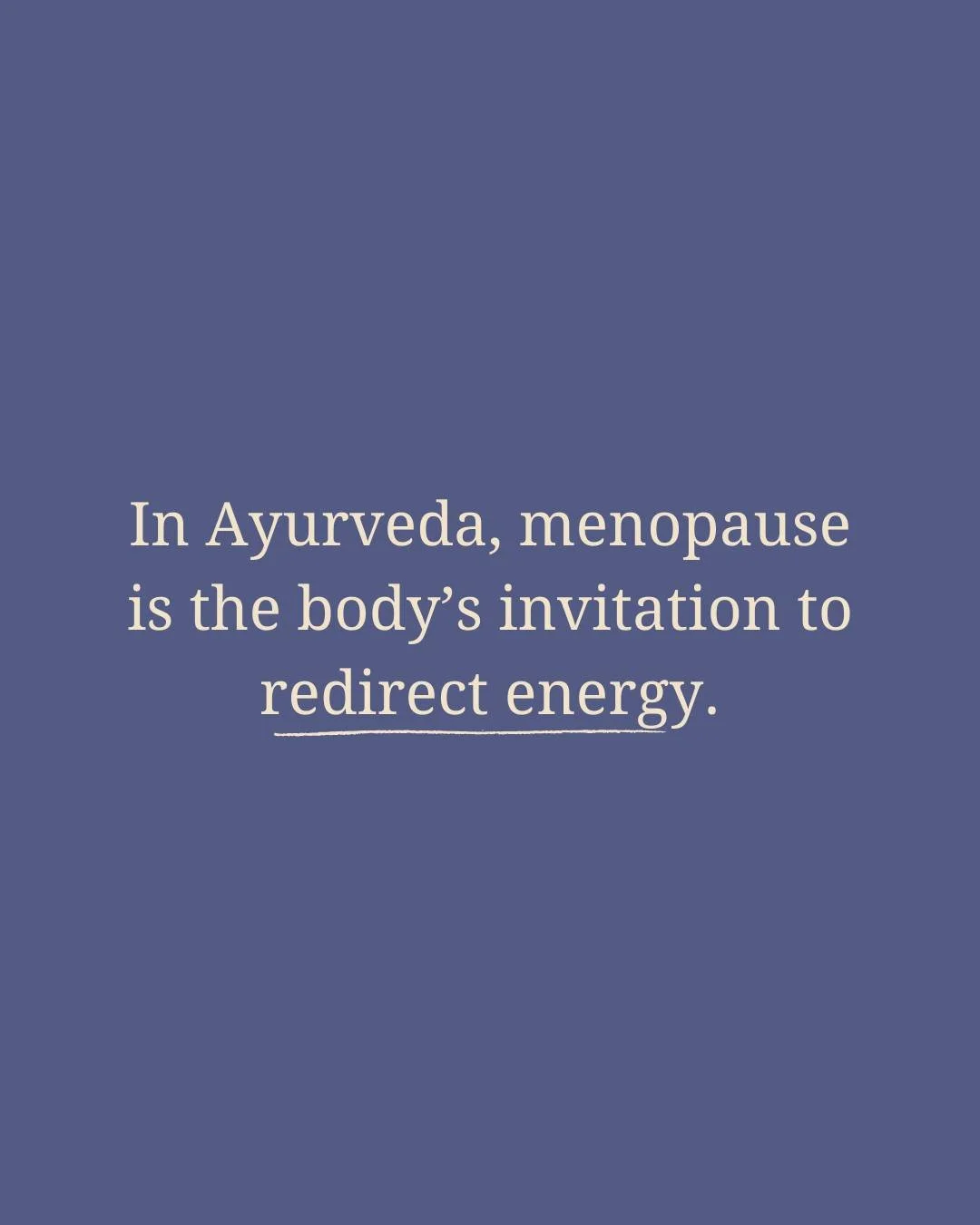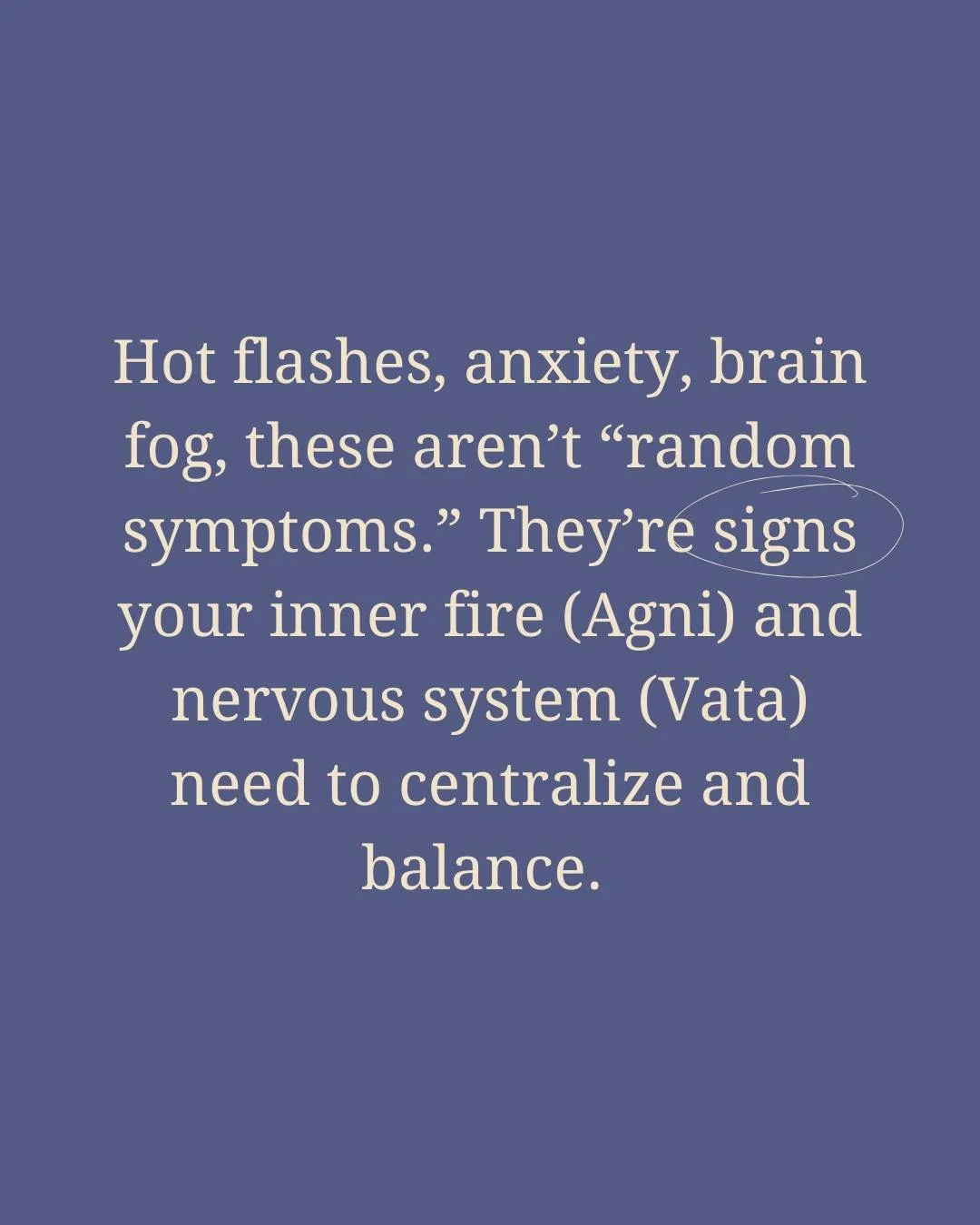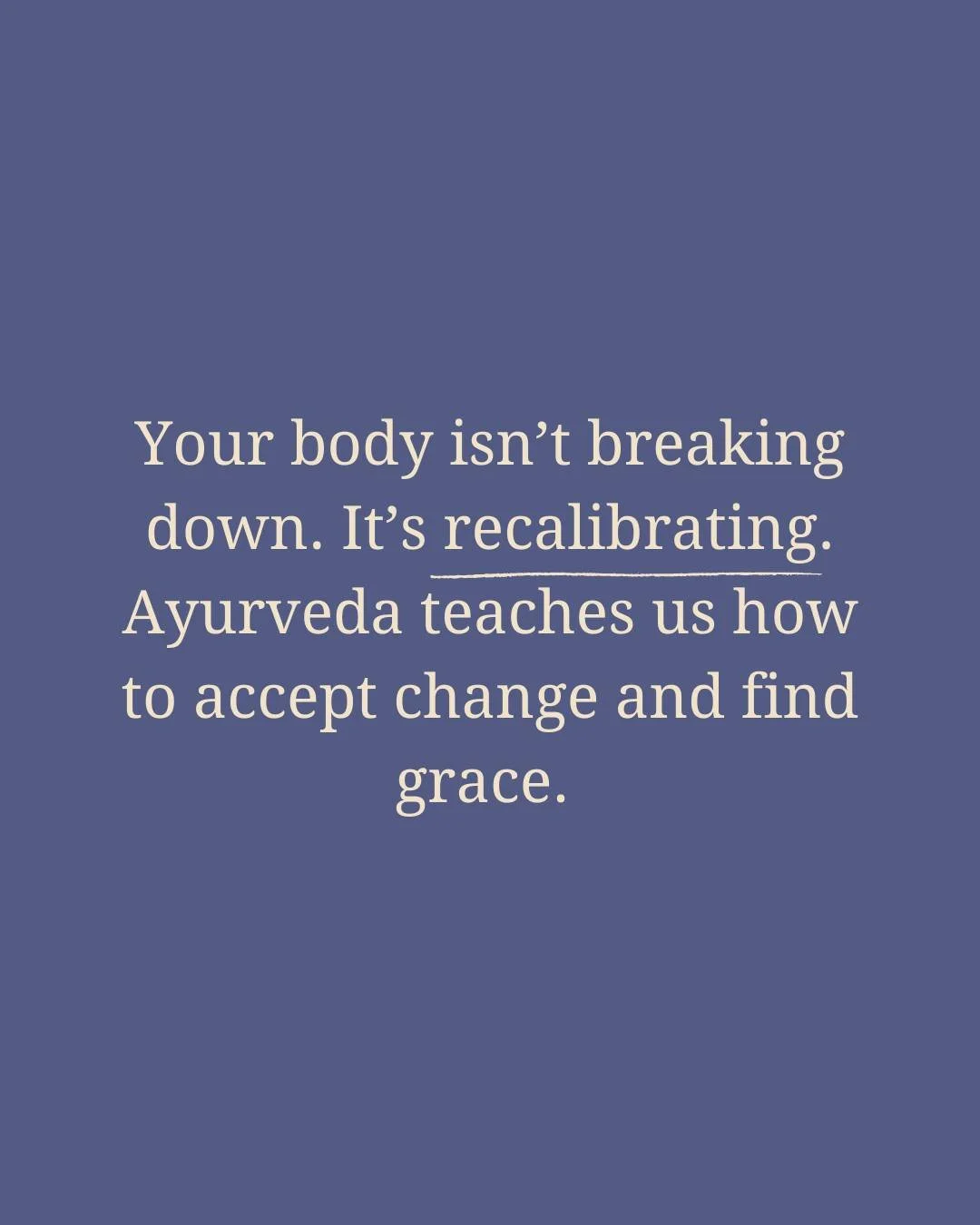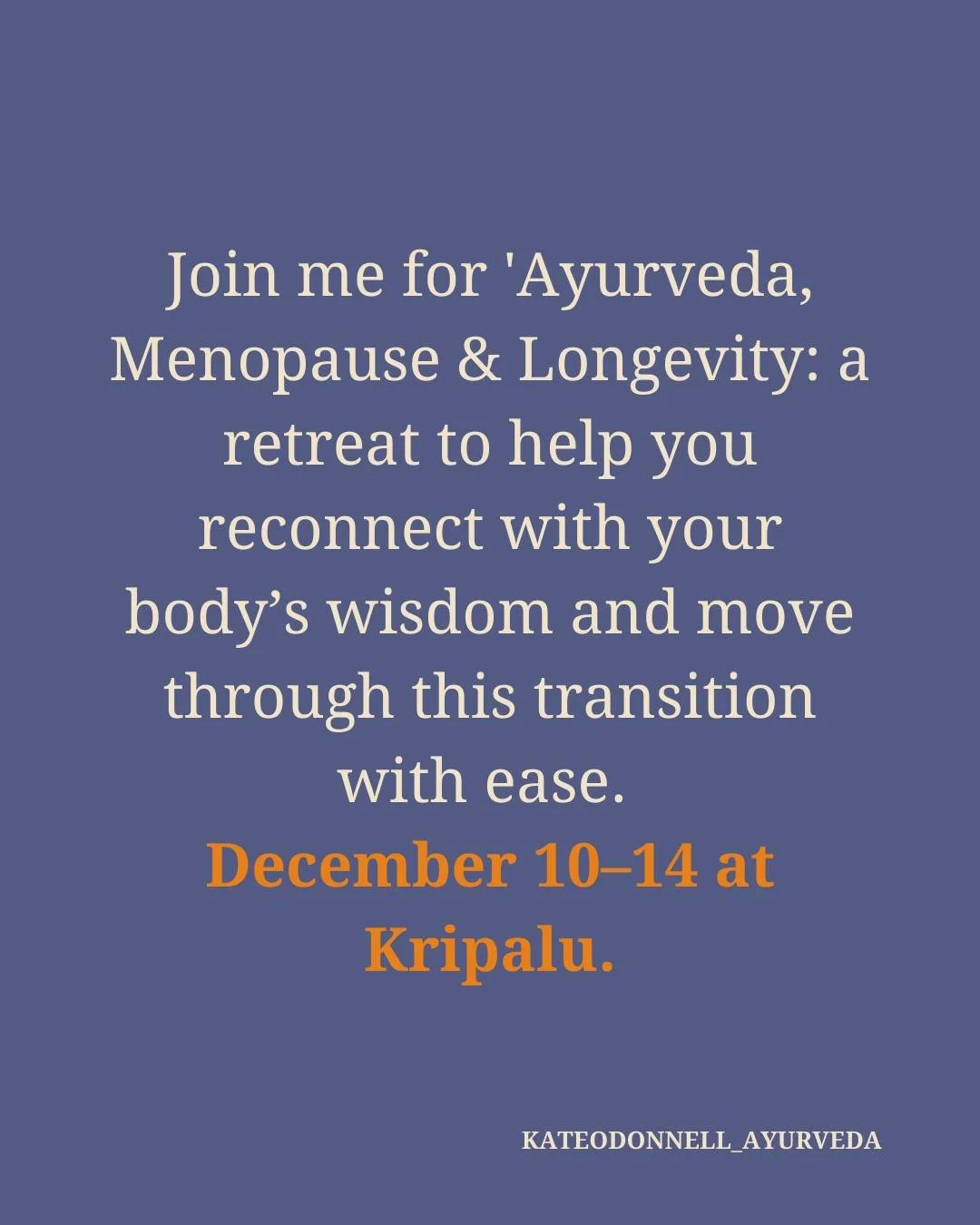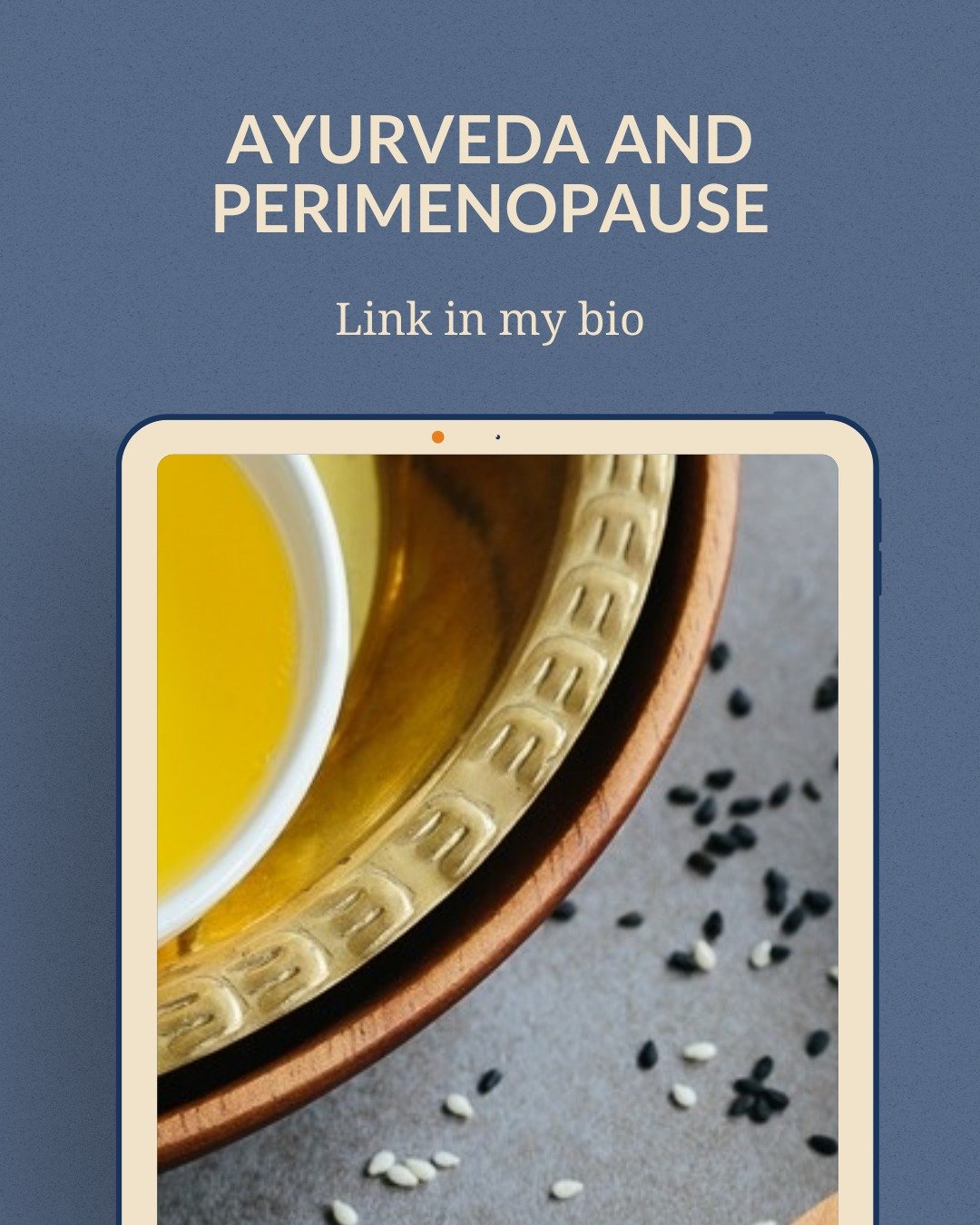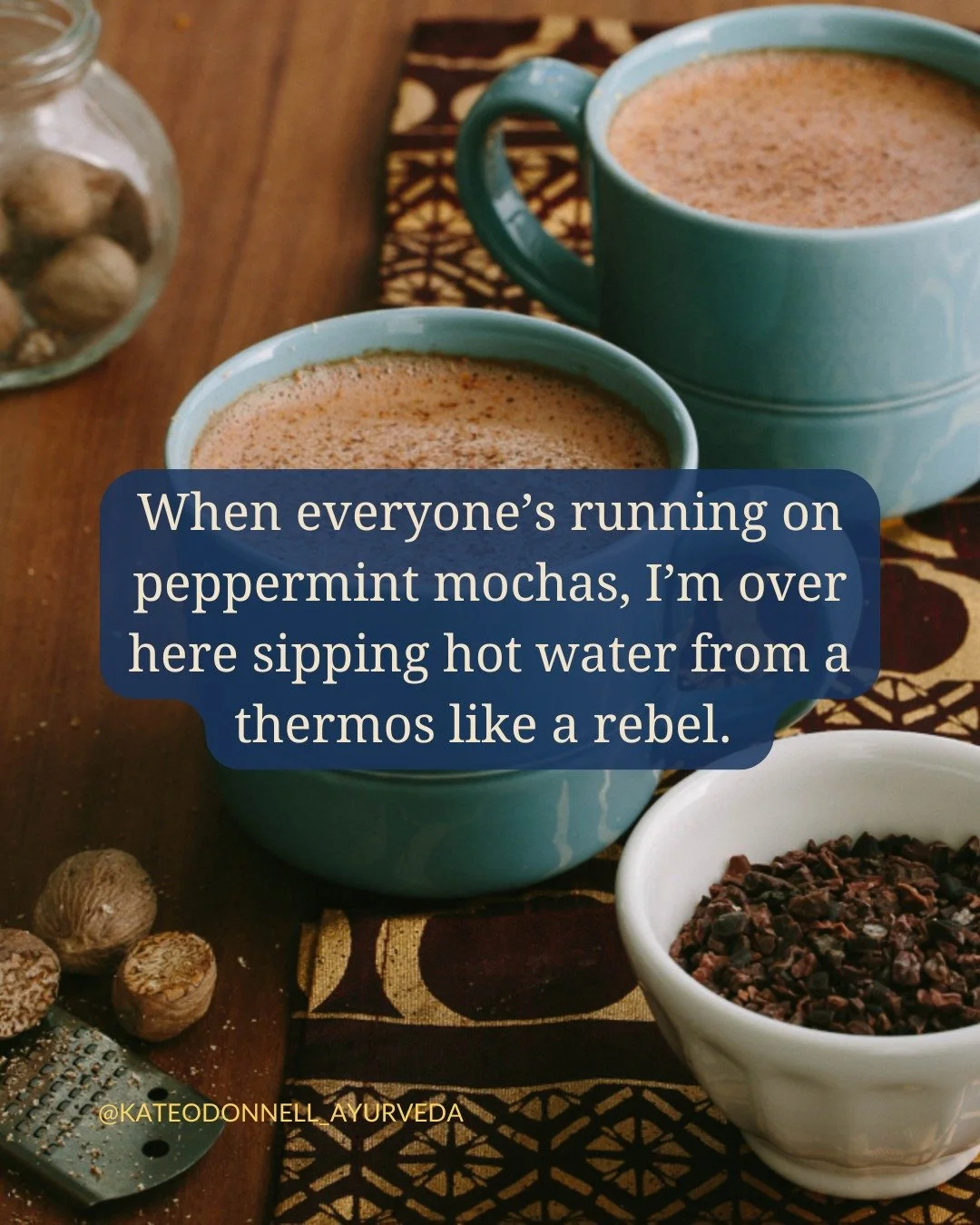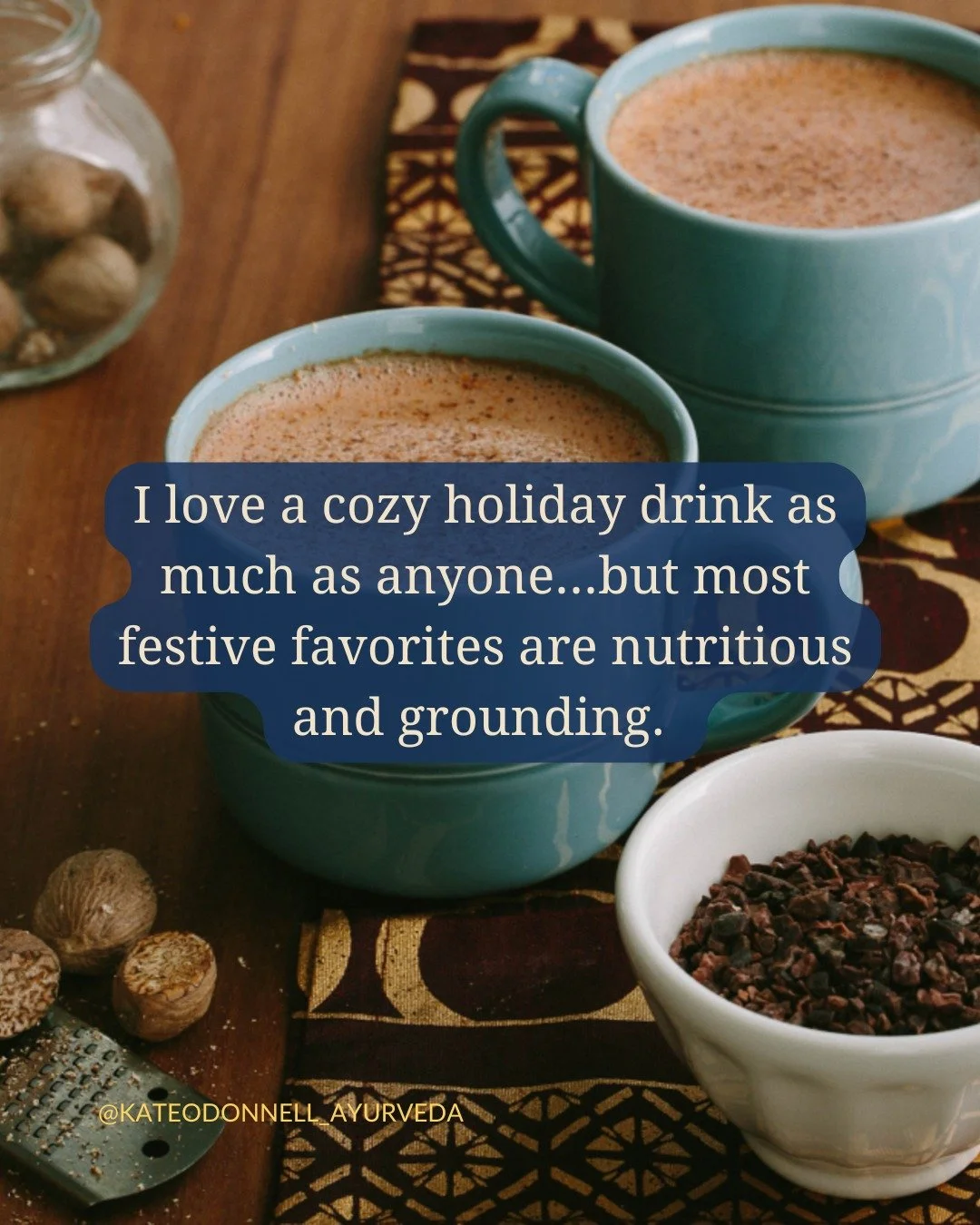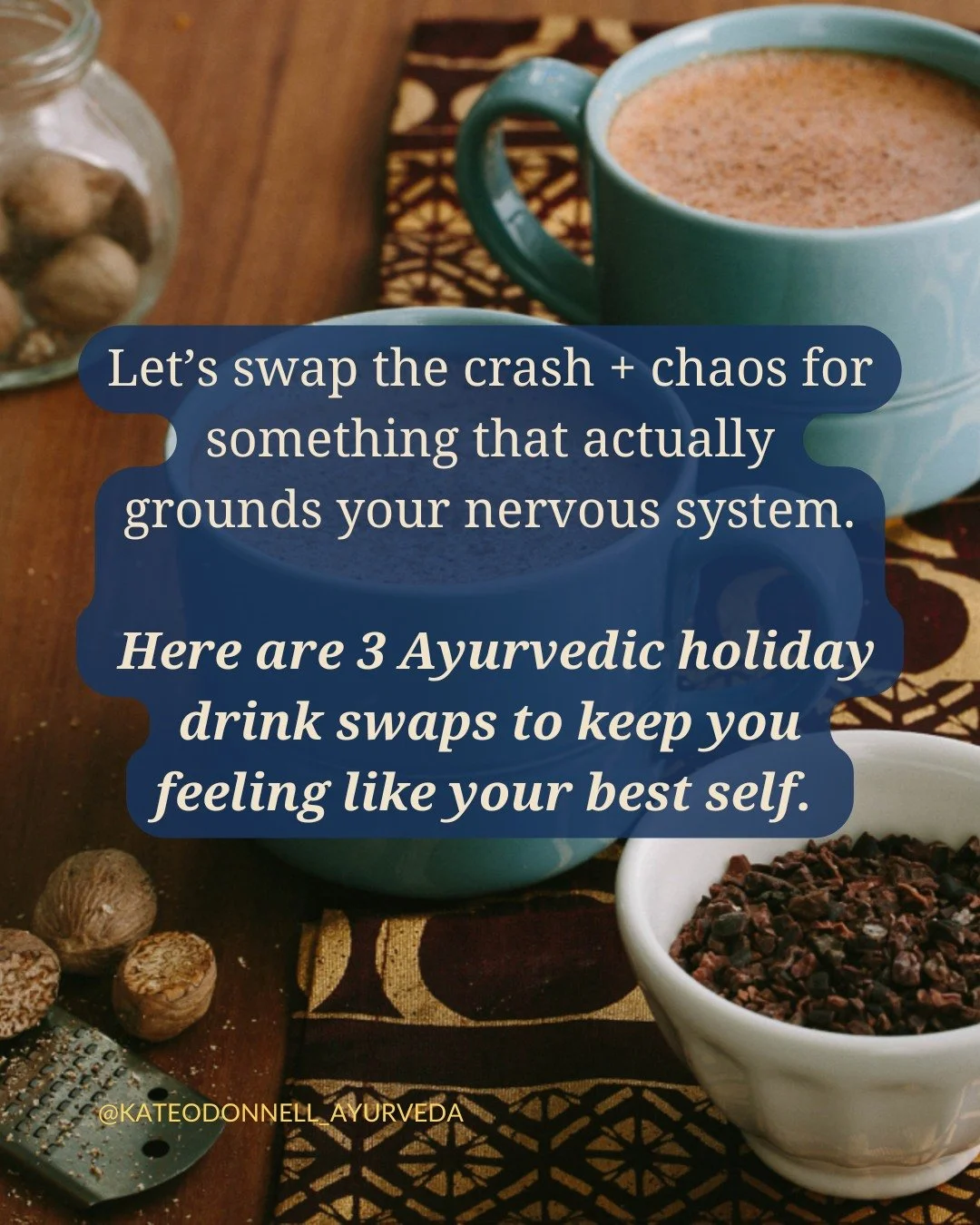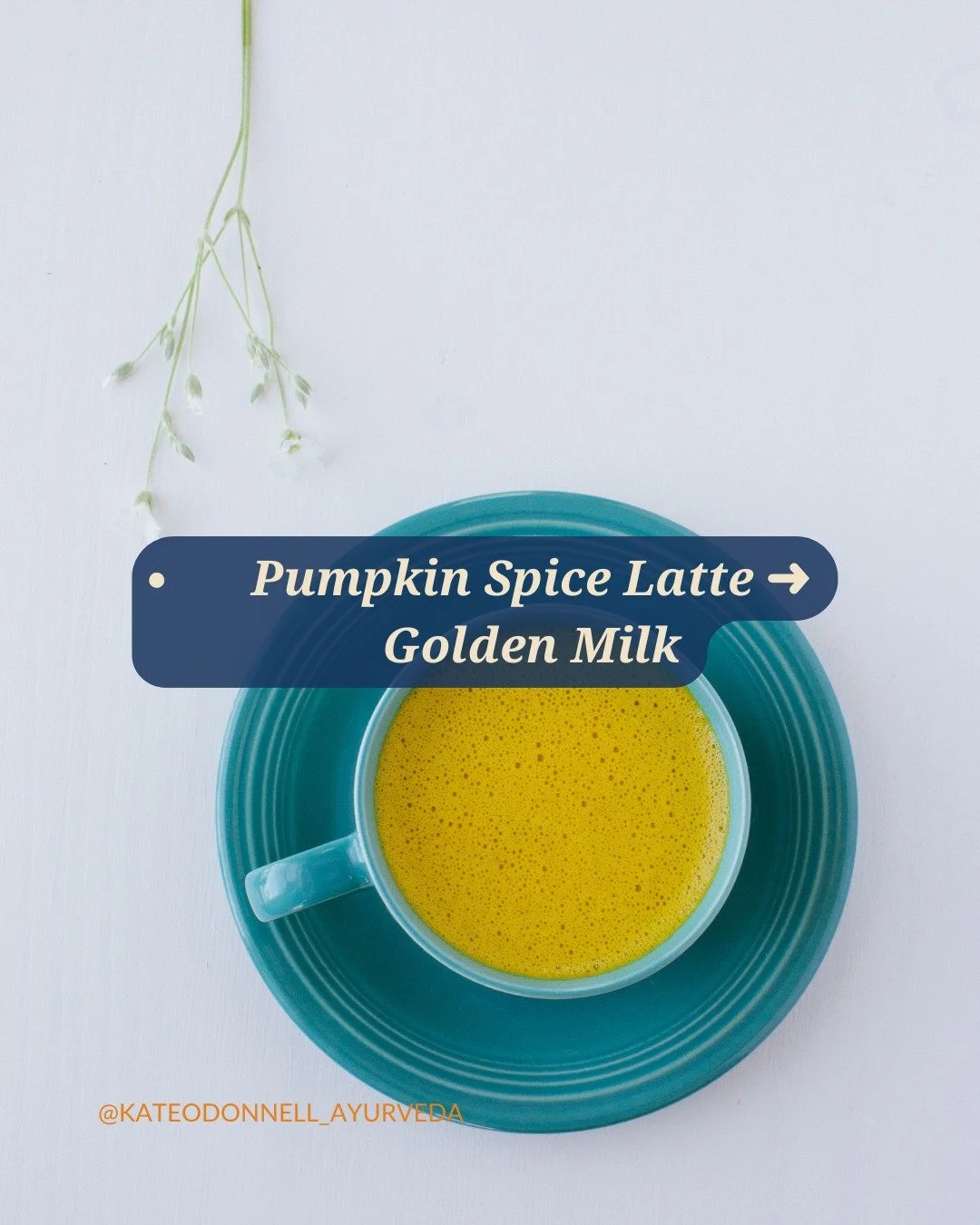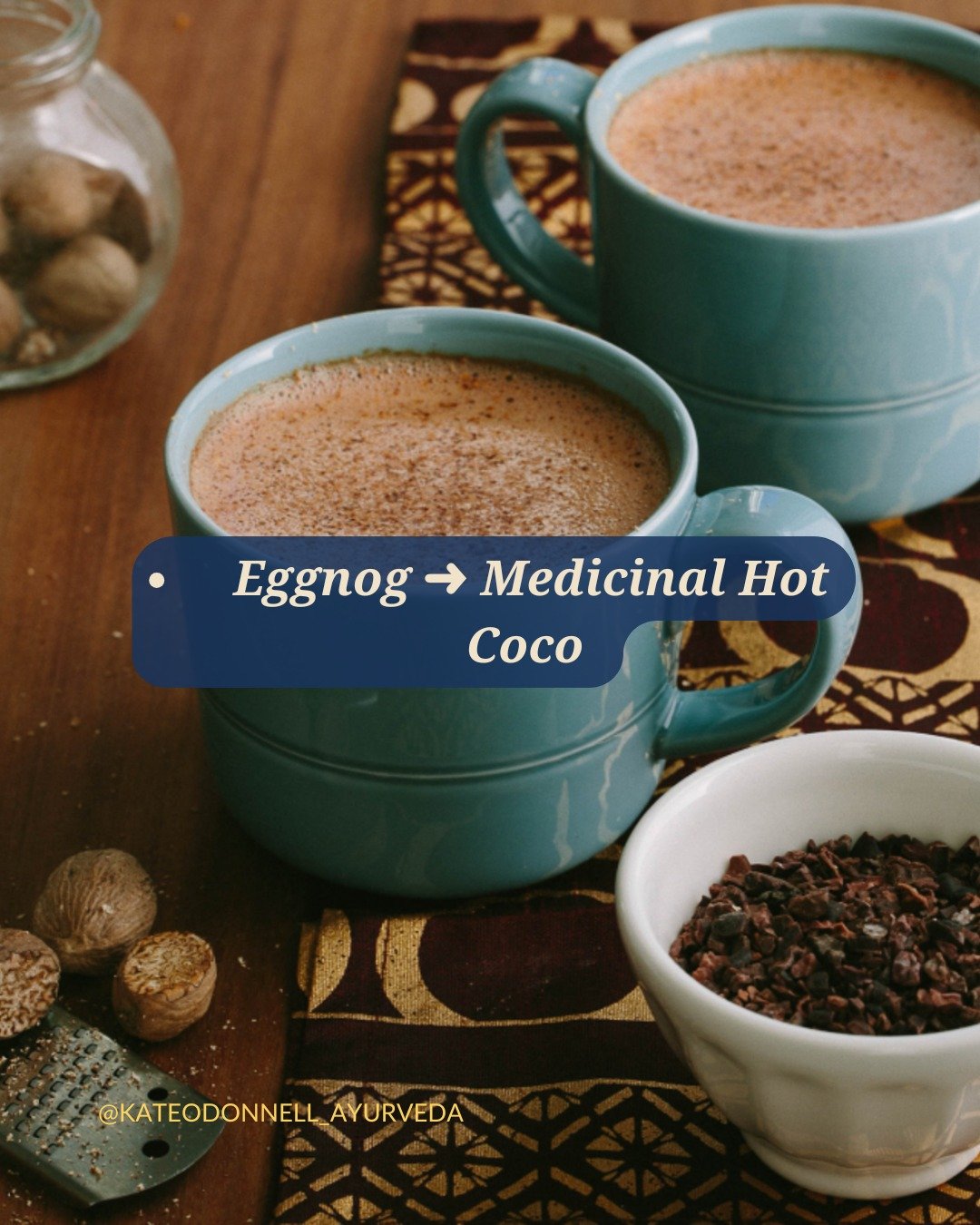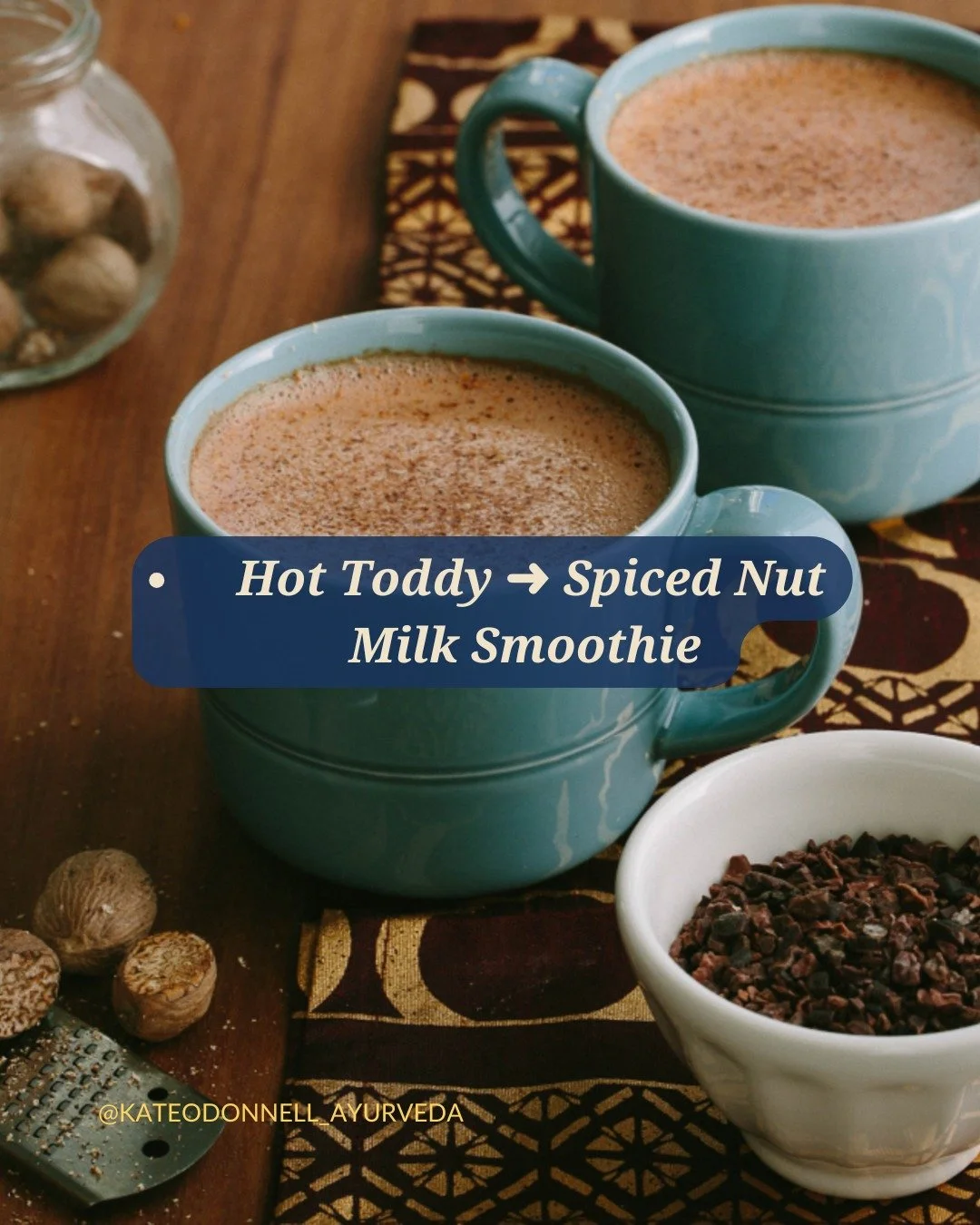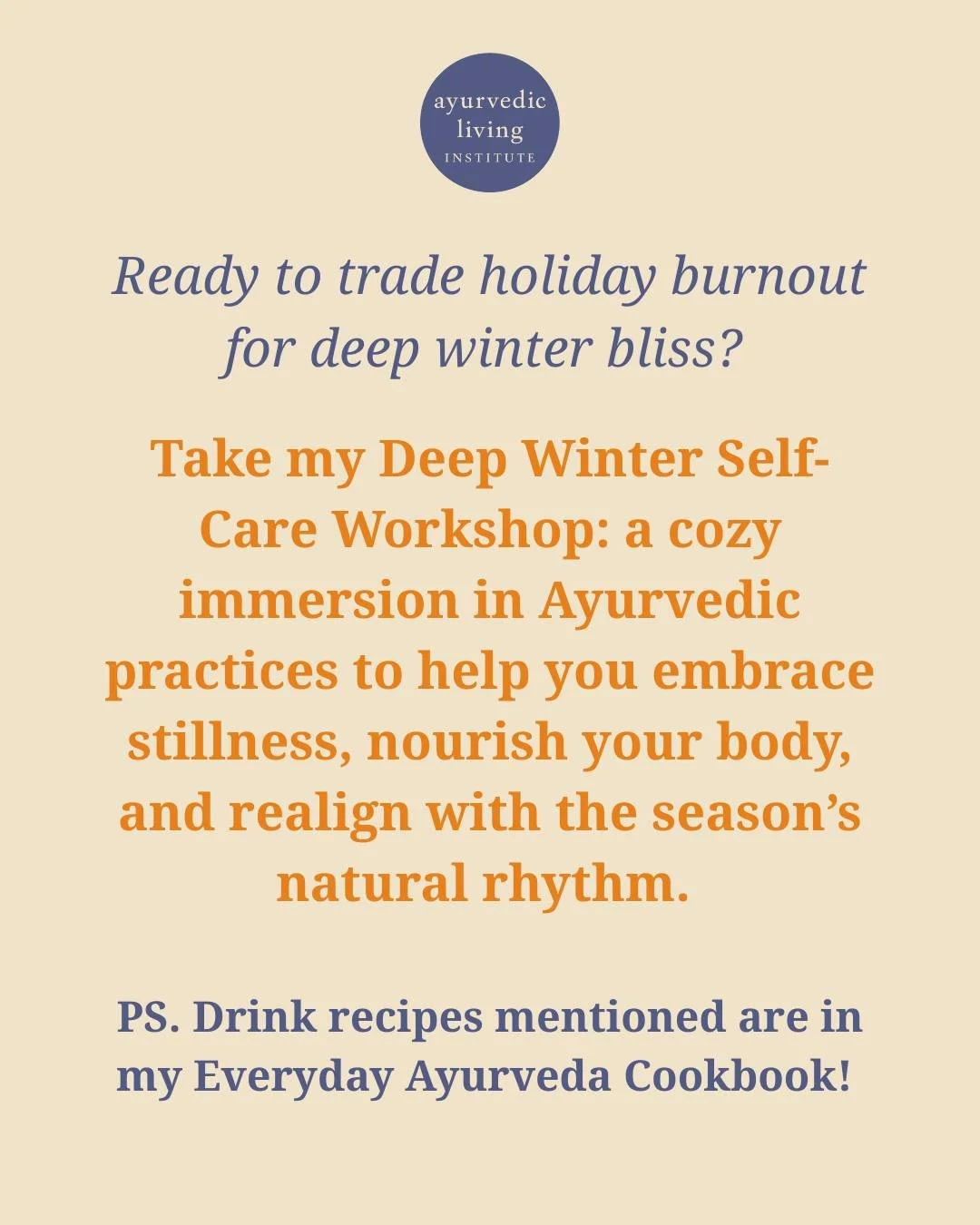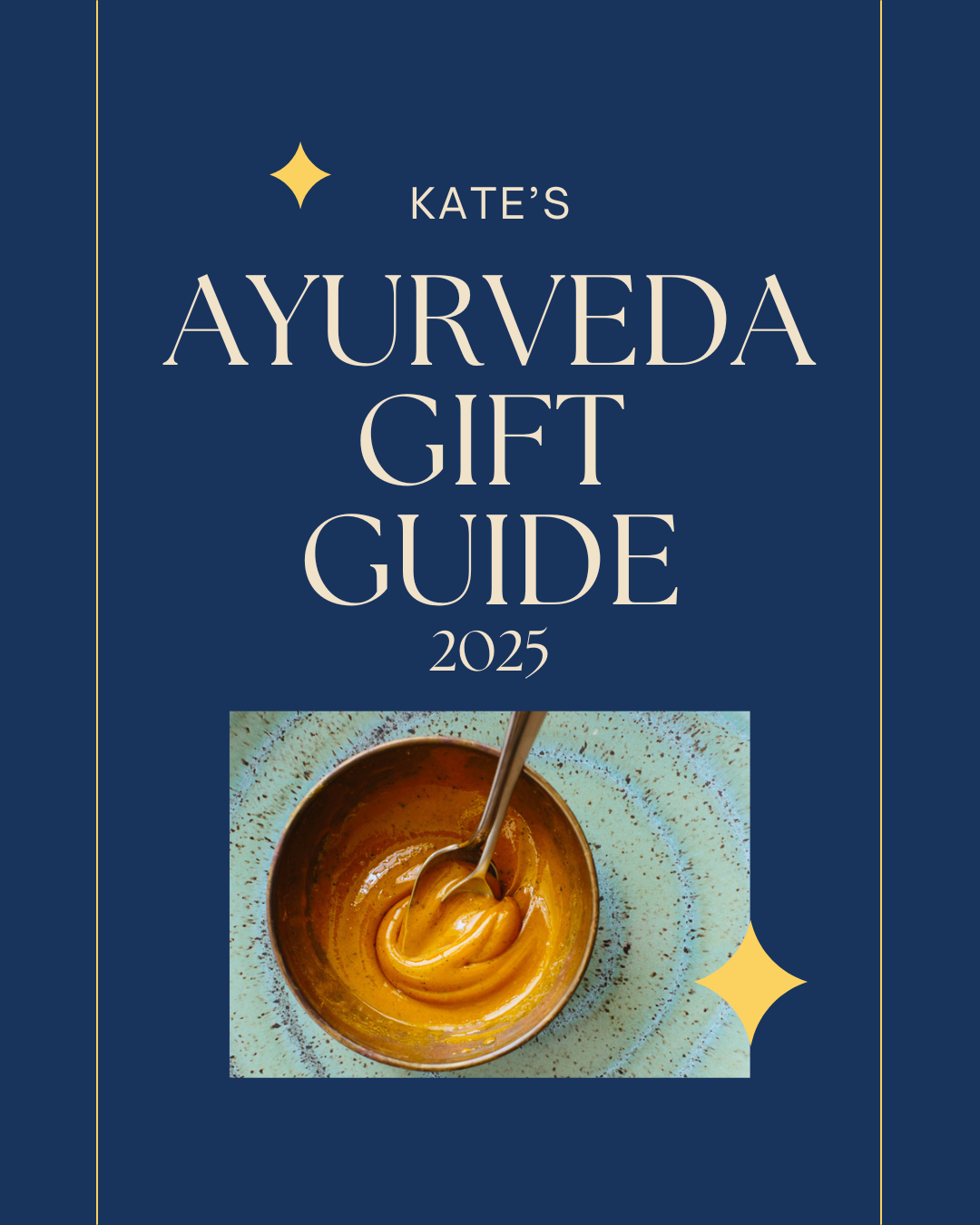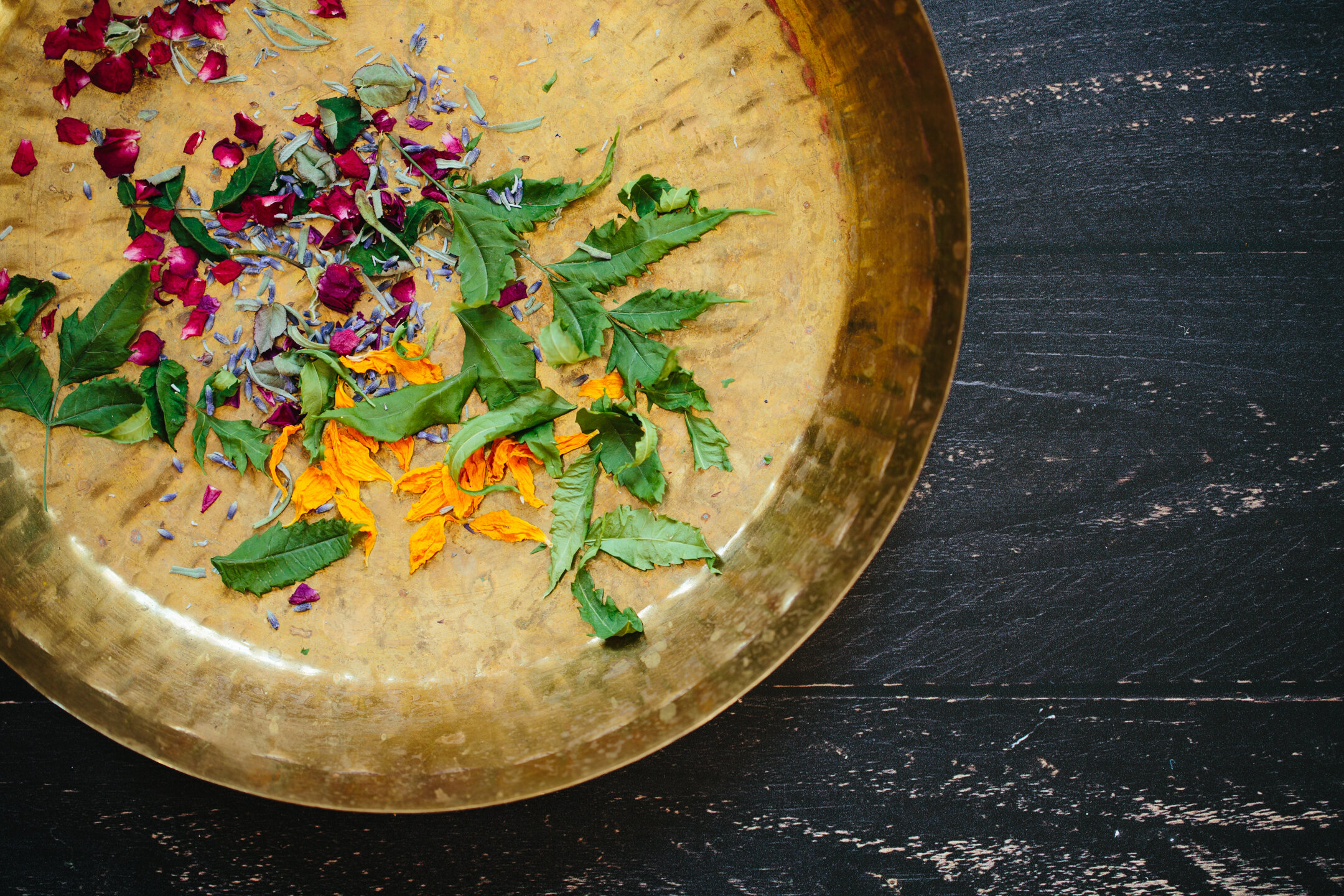
THE SEASONAL BLOG
The Seasonal blog is a collection of articles and musings from Ayurvedic Practitioner, Kate O’Donnell.
Here you’ll find a sanctuary of Ayurvedic recipes, lifestyle insights, and self-care rituals designed to nurture your entire being.
Happy reading!
Winter Morning Routine
Tongue scrape
Rinse eyes with cool water
Warm towel compress
Facial oil massage
Herbal Coffee
Find link and discounts for all my favorites like this herbal coffee from Banyan Botanicals and Osi face oil, here.
I also want to be sure you know! These Cozy Earth bamboo jammies are 2 for 1 until Feb 8 with code BOGOKATE.
The sale includes bamboo stretch sets and Sutton cotton sets. I've never seen them have a sale like this! I am totally hooked on these jammies from Cozy Earth.
The Thing About Getting Sick
You know that moment when you first feel it coming. The slight scratch in your throat. The barely-there heaviness behind your eyes. The faint suspicion that your body is about to betray you.
Most of us respond the same way: denial, followed by panic, followed by a frantic scramble for vitamin C, zinc lozenges, and whatever wellness trend promised immunity this month.
But here's what Ayurveda knows that the supplement aisle doesn't: immunity isn't something you can bolt on at the last minute. It's not a product you purchase or a protocol you follow when you feel the tickle starting. It's a state of being that you cultivate, day by day, season by season.
The ancient texts call it Ojas—the nutrient cream of the body. Picture it as a subtle, milky film that coats every tissue, every cell, creating a barrier between you and everything that wants to take you down. It's built slowly, over time, from food that's been properly digested, from sleep that's deep and restorative, from a life that doesn't constantly ask your body to choose between surviving and thriving.
When you have Ojas, you walk into a room full of coughing, sniffling people and walk out unscathed. Not because you're special. Not because you got lucky. But because your body is robust enough, refreshed enough, resilient enough to handle the exposure.
The problem is that most of us are running on empty.
We're dried out from indoor heat and outdoor cold. We're depleted from irregular sleep and constant stimulation. We're eating foods that might technically be healthy but don't actually nourish us—cold smoothies and raw salads in the dead of winter, astringent green juices when what our bodies are begging for is warmth and substance.
And then we wonder why we keep getting sick.
Here's the shift: stop thinking about immunity as a battle you need to win and start thinking about it as a garden you need to tend.
In winter, that garden needs moisture. Your nasal passages need oil. Your lungs need the gentle coating that licorice tea provides. Your skin—that magnificent barrier between you and the world—needs to be treated like the protective organ it is, fed with warm oil and kept supple.
Your digestive system needs foods that build rather than strip: warm broths and stews, nuts and seeds, dates and warming spices. Milk that's been gently warmed and spiced with cinnamon and ginger, not because it's trendy but because it creates the kind of deep nourishment that becomes Ojas.
The beauty of the Ayurvedic approach is that it doesn't ask you to be perfect. It asks you to be consistent. It asks you to notice. When you start to feel dried out, add moisture. When you feel depleted, add substance. When you feel vulnerable, create barriers—oil on the skin, oil in the nose, warmth around the throat.
It's not complicated. It's not expensive. It doesn't require special equipment or hard-to-find ingredients. It just requires you to remember that your body is not a machine that occasionally breaks down and needs fixing. It's a living system that needs tending.
So the next time you feel that first tickle, before you reach for the emergency supplements, ask yourself: Have I been tending the garden? Have I been building resilience, or have I been hoping I can get away with running on fumes just a little bit longer?
Because here's the truth: some pathogens are stronger than others. Some exposures are unavoidable. Some seasons are harder than others.
But when you have Ojas—when your body is robust and refreshed and resilient—you don't need to fight so hard. You don't need to panic. You just need to keep tending the garden.
The rest takes care of itself.
Wellness Trends I Won’t Be Falling For This Year
Wellness Trends I Won’t Be Falling For This Year (and what I "will" be doing instead)
Because the more extreme ≠, the more healthy. 💪
Which trends feel out of alignment for you? I'd love to know your thoughts!
PLUS get the new Anytime Home Cleanse FREE with membership now through January. Reboot with a 4-day DIY food-based program. It’s new and improved this season, with expanded recipes!
Ready to guide transformation with Ayurveda?
In my journey, the key to gaining traction was offering community cleanses. Folks are a little detox-obsessed, and if you put this out there, most will take a looksie.
Over the years, the program has developed into a 10-day “bootcamp” of sorts that has worked as a fantastic entry point for newbies, as well as a tool to link clients together in community.
If you would like to learn from me about how to safely offer this and to get access to all the resources your people will need, consider joining the Community Cleanse Training.
This is a year-long training including a cohort who come together to learn how to lead a cleanse, how to market it, and to actually DO IT in your communities, using my full-color professionally designed assets, copywriting, and even a ready-to-go manual to provide your students.
Ready to guide transformation with Ayurveda? Send an email to hello@ayurvedicliving.institute, and I’ll send the training info your way.
Ayurveda and Perimenopause
Join me and one of my teachers, Anusha of @bostonayurvedainc, for a weekend retreat where you’ll dive deep into the Ayurvedic wisdom of menopause and longevity. Save your spot @kripalucenter, I will teach what are longevity foods, according to Ayurveda, and teach you how to use them!
Menopause is a significant life-changing transition in a woman’s life, and with the right tools, it can be a time of empowerment, vitality, and renewal.
Ayurveda, with its holistic approach, offers a profound perspective on how to navigate and even embrace this phase of life known in the Vedas as the time of the forest dweller. Can’t wait! 😉
Most Holiday Self-care
Most holiday “self-care” is just overstimulation in disguise.
Ayurveda doesn’t cancel joy, it simply helps you enjoy it without the crash.
Trade the sugar rush for steady warmth, and your body will thank you. Care for yourself the way nature intended.
Access The Self-Care Workshop: Deep Winter anytime to learn Ayurvedic practices that keep you balanced through the holidays and grounded all winter long.
Italy Retreat
Join me in Italy this spring for ṚTÚ VIDYA: Seasonal Wisdom, a week-long immersion designed for women seeking deeper alignment through Ayurveda and yoga.
April 4–11, 2026, in Puglia, Italy Comment 'ITALY' and I'll send you the link to learn more.
EARLY bird pricing expires on Dec 31st!
What is your relationship to Discipline like?
I can’t hear this enough! I have a love/hate vibe with all my healthy routines sometimes. Thank goodness for fall cleanse that gets me back to center.
Always a dance between the appetites of the senses and the knowledge that sleep, rest, simplicity and quietude are necessary medicines too.
Do you agree? What is your relationship to Discipline like?
Kate’s Ayurveda Gift Guide 2025: Simple, Sweet, and Actually Helpful Gifts for Winter
Every year I’m asked the same question: What should I get the people I love that actually supports their well-being? This is my favorite kind of question — because Ayurveda has always understood that gifting is really about care, warmth, and nourishment, not throwing random objects into the well of desire.
So this year, I put together my Ayurveda Gift Guide, a small and curated list of things I truly use, love, and believe your people will be stoked to receive. Think kitchen friends, cozy winter layers, and self-care wonders that calm the nervous system and bring a little beauty to cold, dark months.
Inside the guide, you’ll find my favorite self-care staples — like The Fix Stick, Osi Oils travel kit, ghee vetiver soap, and body butter with absolutely zero scent (trust me, this is a win!)
There’s a whole page of kitchen delights too: ghee trios, turmeric honey, my beloved copper spice box, and a winter drinks bundle for keeping digestion warm and bright all season.
For the cold-weather lovers, I included all my warm and cozy essentials — bamboo PJs, the quilted house coat, silk pillowcase, and the oversized cashmere sweater I live in all winter long (size down!).
And yes… there’s an exclusive launch: my limited-edition Cardamom Lime Fix Stick, created in collaboration with Farmtrue and inspired by The Everyday Ayurveda Cookbook. It’s small-batch, deeply nourishing, and no one you know will already have one.
You’ll also find discounts throughout the guide — 20% off my favorite brands, including Cozy Earth, Farmtrue, Banyan Botanicals, Fount Society, and more. The Cozy earth and Fount Society discounts are stackable on top of the seasonal sale, through Dec 15th, which gets you 40-50% off.
This gift guide is meant to make your holiday season easier, sweeter, and way less stressful. These are things that soothe, soften, nourish, and bring people back into their bodies — which is a great way to focus your gifting.
Download your free Ayurveda Gift Guide, enjoy the discounts, and gift something that helps someone feel better this season.
With love,
Kate
Back to School Balance
Back-to-school isn’t just for kids—our bodies and minds go through it too. 🍂 Did you know sudden schedule shifts can trigger Vata imbalance? Explore any of these Top Five Tips and give your system some support during the September changes.
More on this in episode #47 on the Everyday Ayurveda with Kate podcast. I break down practices to ease anxiety, improve digestion, and restore rhythm when Vata goes whacky.
